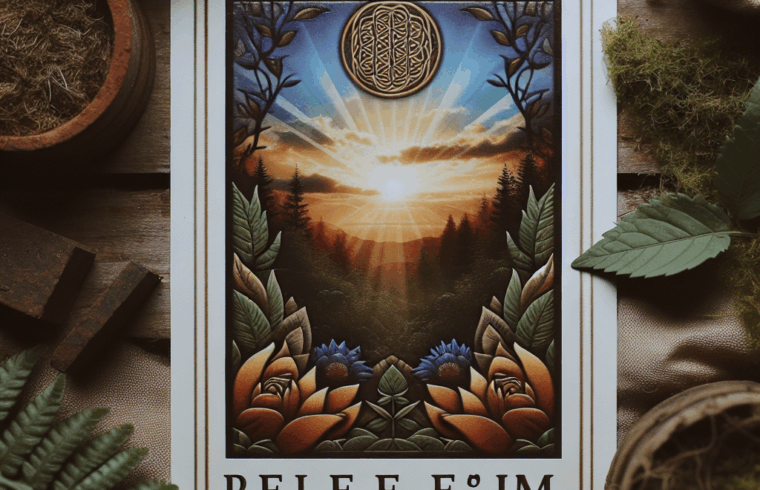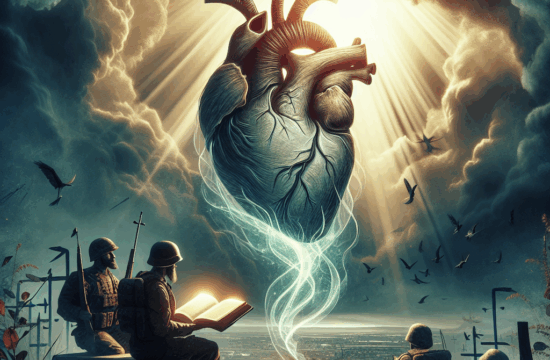==> Thank you for reading this post! Click Here If you are looking for support and Victory over PTSD.
Understanding PTSD and Its Impact
What is PTSD?
So, first things first: what the heck is PTSD? Post-Traumatic Stress Disorder is a mental health condition that some people develop after experiencing or witnessing a terrifying event. It can cause nightmares, severe anxiety, and all sorts of flashbacks that just hit you at the most unexpected times. It’s crucial to really grasp what this disorder looks like; it’s not just a phase, and it definitely isn’t something you can just shake off.
Those of us who deal with it know it can feel isolating. It’s like living in a bubble that nobody else can see but you. Understanding this isn’t just for those who are suffering; it’s vital for our friends and family, too. When they understand what we’re going through, it gives them the tools to support us better, which is key.
PTSD is like being stuck on a loop of emotions and memories that are hard to switch off. So, it’s really important to educate ourselves and others around us about PTSD. By doing that, we begin to break down some of the stigma that comes along with mental health struggles.
The Role of Faith in Healing
Finding Strength in Spirituality
When I’m feeling overwhelmed by the pains of PTSD, I often turn to my faith. It’s like flicking on a switch of hope in the dark. Faith can act as an anchor, keeping you grounded when the waves of anxiety start crashing in. I believe that there’s immense power in prayer or simply reflecting on teachings that resonate with us.
It’s not just about religion – it’s about finding comfort in something greater than ourselves. Some folks find solace in the universe, others in nature, and many of us in Christ. That connection brings an undeniable sense of peace, which is sometimes the exact remedy we need for our turmoil.
In moments of despair, I’ve learned to lean on my faith like a crutch. It has allowed me to reframe my experiences and see them through a lens of purpose instead of just pain. For anyone dealing with PTSD, tapping into that spiritual side can feel like having a secret weapon in their healing arsenal.
Community Support Systems
Building Your Support Circle
Let’s be real here: no one can – or should – go through this alone. The beauty of community is that it offers connection. That feeling of not being alone in your struggles can lift a huge weight off your shoulders. Over the years, I’ve found that having a solid circle of friends and family to lean on has been crucial in my recovery process.
Finding those people who just get you can be life-changing. Whether you’re reaching out to mental health professionals, joining a support group, or simply connecting with buddies who truly understand what you’re going through, it all counts. Sometimes just chatting over coffee can remind you that there’s light beyond the fog.
A supportive community creates a safe space for sharing experiences and venting frustrations. It’s a judgment-free zone where people can be vulnerable. Knowing that there are others out there fighting similar battles provides comfort and validation, which can be precious when you’re feeling at your lowest.
Practical Coping Strategies
Daily Practices for Mental Well-Being
Sometimes we need tangible actions to help ground us amidst the chaos. That’s where practical coping strategies come in. We can’t control every emotional wave that hits us, but we can control how we respond. I’ve tried various things, but let’s focus on what works best for me personally.
Get Support and Help with Recovery! Visit us for more Information and Support
First off, I’ve found that mindfulness and breathing exercises can be a game-changer. Taking just five minutes to meditate or practice deep breathing allows me to reset when emotions start to bubble up. It’s like hitting the refresh button on my mental state.
It’s also helpful to establish routines. Routines give us a sense of control and predictability in our lives. Whether it’s making a to-do list every morning or setting aside time for hobbies or exercise, these daily practices provide structure—and that’s something many of us with PTSD really craved.
Embracing Self-Compassion
The Importance of Being Kind to Yourself
Finally, let’s talk about the big one: self-compassion. We can all be our own worst critics, and that’s especially true for those of us wrestling with PTSD. It’s far too easy to focus on our shortcomings or to feel ashamed of our struggles. But let me tell you, kindness toward ourselves is crucial.
When I catch myself being harsh or negative, I try to pause and remind myself that I’m doing the best I can under tough circumstances. Practicing self-compassion means acknowledging that healing is a journey, not a race. We all stumble and fall behind sometimes, and that’s totally okay.
Creating a positive inner dialogue has changed how I view my challenges. It’s not about ignoring the feelings but rather giving myself permission to feel them without judgment. So, if you’re struggling, remember—being kind to yourself can be the most healing endeavor you undertake.
FAQs
1. What is PTSD and how can it affect someone’s life?
PTSD stands for Post-Traumatic Stress Disorder, which can occur after someone has experienced a traumatic event. It can lead to severe anxiety, flashbacks, and emotional distress that disrupt daily life.
2. How can faith play a role in healing from PTSD?
Faith can provide comfort and hope, helping individuals to find meaning in their pain. It can be a source of strength during difficult times and a way to connect with a supportive community.
3. Why is community important for those dealing with PTSD?
Community offers support, understanding, and connection. It helps combat feelings of isolation that often accompany PTSD and provides a space for sharing experiences and coping strategies.
4. What are some coping strategies for managing PTSD symptoms?
Effective coping strategies include mindfulness practices, establishing routines, and engaging in physical activities. These can help create structure and promote mental well-being.
5. How can I practice self-compassion while dealing with PTSD?
Self-compassion involves being kind to yourself and recognizing that healing is a process. Acknowledge your feelings without judgment and remind yourself that it’s okay to struggle.













